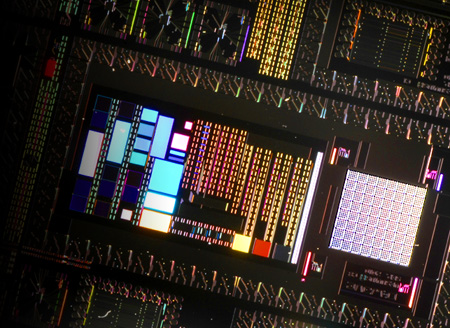
Computers built on the principles of quantum physics—as opposed to ‘classical’ physics—promise a revolution on the order of the invention of the microprocessor or the splitting of the atom. D-Wave, a small Canadian company backed by Jeff Bezos, NASA, and the CIA among others, is the first firm to sell a so-called quantum computer—at roughly $10 million a pop. The vast increase in power could revolutionize fields as disparate as medicine, space exploration, and artificial intelligence.
In this week’s TIME cover story, Lev Grossman writes that D-Wave’s machines are “so radical and strange, people are still trying to figure out what it’s for and how to use it.” We live in the age of Big Data, burying ourselves in information—search queries, genomes, credit-card purchases, phone records, retail transactions, social media, geological surveys, climate data, surveillance videos, movie recommendations—and D-Wave just happens to be selling “a very shiny new shovel.” (Read it here.)
The company has plenty of critics, some of whom claim its machines aren’t quantum computers at all. And yet, the technology could herald radical changes for the following areas, to name a few:
1. Safer airplanes—Lockheed Martin plans to use its D-Wave to test jet software that is currently too complex for classical computers.
2. Discover distant planets—Quantum computers will be able to analyze the vast amount of data collected by telescopes and seek out Earth-like planets.
3. Win elections—Campaigners will comb through reams of marketing information to best exploit individual voter preferences.
4. Boost GDP—Hyper-personalized advertising, based on quantum computation, will stimulate consumer spending.
5. Detect cancer earlier—Computational models will help determine how diseases develop.
6. Help automobiles drive themselves—Google is using a quantum computer to design software that can distinguish cars from landmarks.
7. Reduce weather-related deaths—Precision forecasting will give people more time to take cover.
8. Cut back on travel time—Sophisticated analysis of traffic patterns in the air and on the ground will forestall bottlenecks and snarls.
9. Develop more effective drugs—By mapping amino acids,for example, or analyzing DNA-sequencing data, doctors will discover and design superior drug-based treatments.
For the full story, please click here.